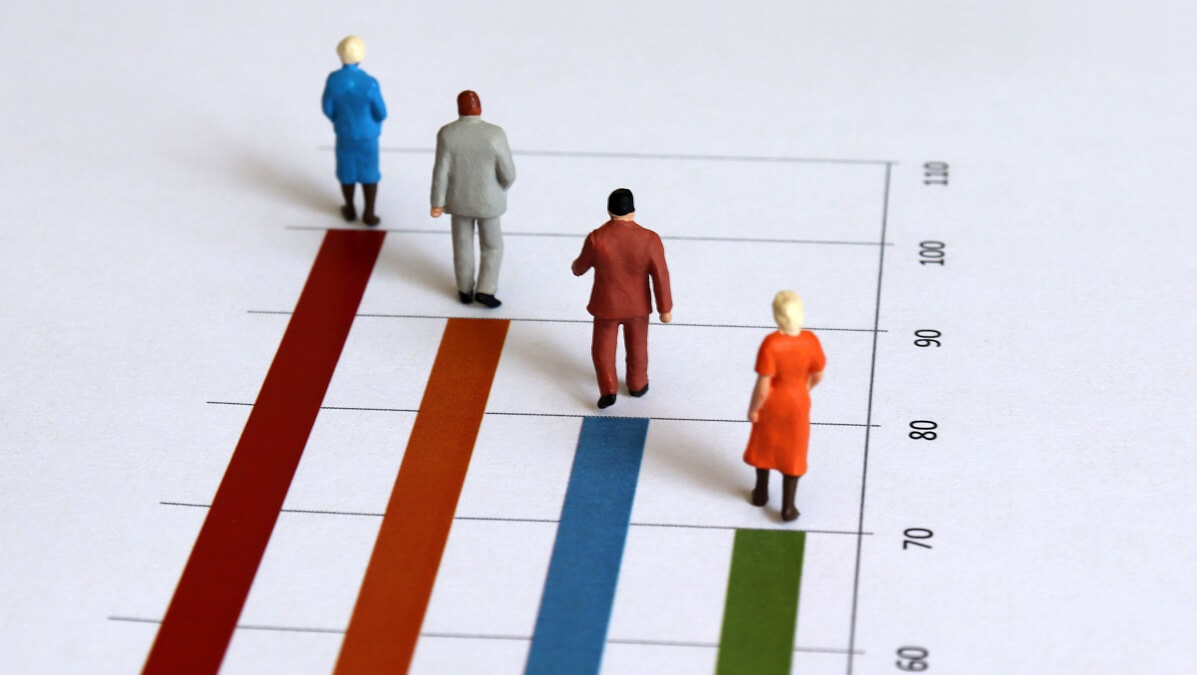For the first time in nearly three decades, Australia has experienced a dip in life expectancy. And COVID has played a big part.
Not since 1995 has the nation seen a fall in life expectancy compared to the figure for a year earlier.
New data from the Australian Bureau of Statistics (ABS) indicate life expectancy for males born today is 81.2 years. That’s a drop of 0.1 years from last year’s figure of 81.3. Females born today have a life expectancy of 85.3 years, also a decrease of 0.1 on 2021’s estimate of 85.4.
However, despite the slight dip, Australia still compares very favourably to most other countries in the world. According to United Nations data, only Monaco and Japan’s populations have longer lives than Aussie when combining genders.
When it comes to Australian males, somewhat surprisingly they rank more highly than females in a worldwide comparison. Only Monaco outperforms Australia in male life expectancy, whereas female Aussies rank sixth, behind Japan, Monaco, the Republic of Korea, Malta and Switzerland.
Why has Australian life expectancy fallen?
The answer lies partially with the COVID pandemic, and also with the methodology used by the ABS to calculate life expectancy. The ABS uses a three-year span of death data as part of that calculation. And for the first time, this year’s numbers include three full epidemic years.
The ABS report explains further:
This release presents life expectancy estimates based on the occurrence of deaths in the 2020-2022 period, making it the first to span all three years of the COVID-19 pandemic. In 2020, Australia recorded a lower than expected death rate as public health measures put in place to restrict the spread of COVID-19 also resulted in a reduction of deaths across a number of other causes.
The ABS head of demography, Beidar Cho, said: “The first two years of the pandemic had the two lowest mortality rates on record from all causes. However in 2022 the number of deaths increased by 20,000, with close to 10,000 of these being due to COVID-19.”
Despite the COVID deaths, the dip in life expectancy was only very small. This is because more than half of those who died in 2022 were people already aged 80 and over. With healthcare improvements continually being made, this year’s figures are more likely a glitch than a trend, Ms Cho said.
An Australian snapshot
This year’s ABS report provides several other insights into our life expectancy demography.
With a yearly release of data, the changes in estimates can often seem small, almost trivial. But this year’s report highlights the 1992 figures, which provide a stark comparison. In 1992 (which my 58-year-old mind sees as pretty recent), the life expectancy was 74.5 years for males and 80.4 years for females.
That means males are now expected to live nearly seven years longer, and females nearly five years longer than back then. In further good news for men, the gap in life expectancy between males and females is now only 4.1 years. That’s down from 5.9 years in 1992.
Comparing Australia’s life expectancy with the countries that could loosely be as ‘culturally similar’, Aussies fair particularly well. Our number three ranking puts us well ahead of Canada (14th) and New Zealand (17th). Neither the UK or the USA feature in the top 20.
As a nation, we can justifiably say, ‘Well done us!’ But with a new wave of COVID sweeping the country, caution, especially around older Australians, is still recommended.
That way we can all expect to live a little longer.
Do this year’s life expectancy figures surprise you? Do you have any concerns about the general direction of Australia’s healthcare? Let us know via the comments section below.
Also read: Parasites could play a role in preventing ageing and living longer
Disclaimer: This article contains general information about health issues and is not advice. For health advice, consult your medical practitioner.

